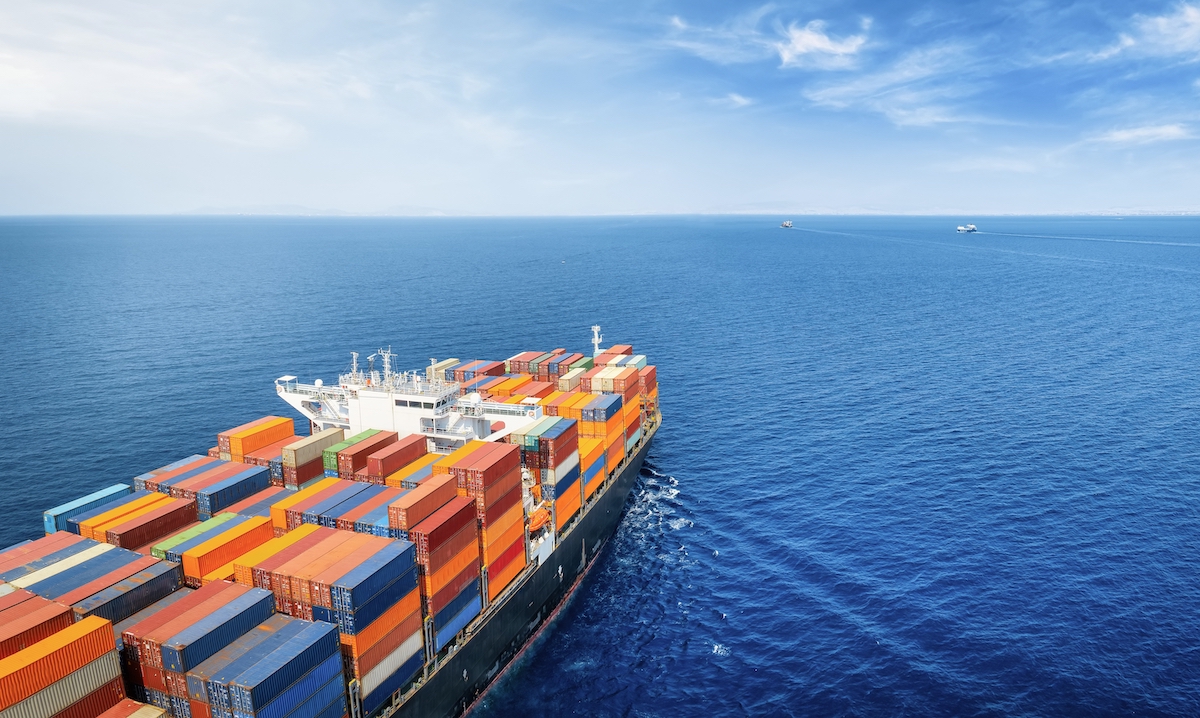Overseas retailers are reportedly replacing their B2C models with B2B2C models to reduce the cost of tariffs.
By routing customers’ online orders to a wholesale platform that acts as a merchant of record in the United States, retailers can shift the responsibility for paying the tariff to the middleman, CNBC reported Friday (Sept. 19).
The wholesaler, in turn, buys the product from the retailer and pays a tariff on its wholesale price, rather than the retail one, according to the report. The cost of tariffs can be reduced by between 30% and 60% when paid on the wholesale price rather than retail, and the process is invisible to consumers.
Businesses of all sorts, from luxury to value-oriented, are using this strategy, the report said.
Overseas retailers are also turning to U.S.-based businesses to handle returns, according to the report. They are doing so to avoid paying tariffs on a returned item twice and to speed up the ability to resell the returned item, which enables them to sell an item on which they’ve already paid a tariff.
The B2B2C model could run into challenges, though, especially for large retailers, in the form of audits and congressional inquiries, the report said.
Advertisement: Scroll to Continue
The PYMNTS Intelligence report “Profit Slips, Policy Shifts: Product Leaders Navigate the Crossfire” found that with the implementation of new tariffs, mid-market companies are seeking ways to preserve their profitability without driving customers away in the process.
The report found that instead of leaning harder on price hikes, many companies are turning to structural adjustments like discontinuing products that are directly hit by tariffs, redesigning products to lower the cost by using alternative materials or cheaper production methods, and renegotiating supplier contracts to reduce expenses.
It was reported in July that consumer brands are divided over how much of the cost of tariffs they think they can pass on to shoppers without impacting sales.
At that time, Reuters reported that out of the 300 companies monitored by its tariffs tracker, at least 92 had raised prices.
